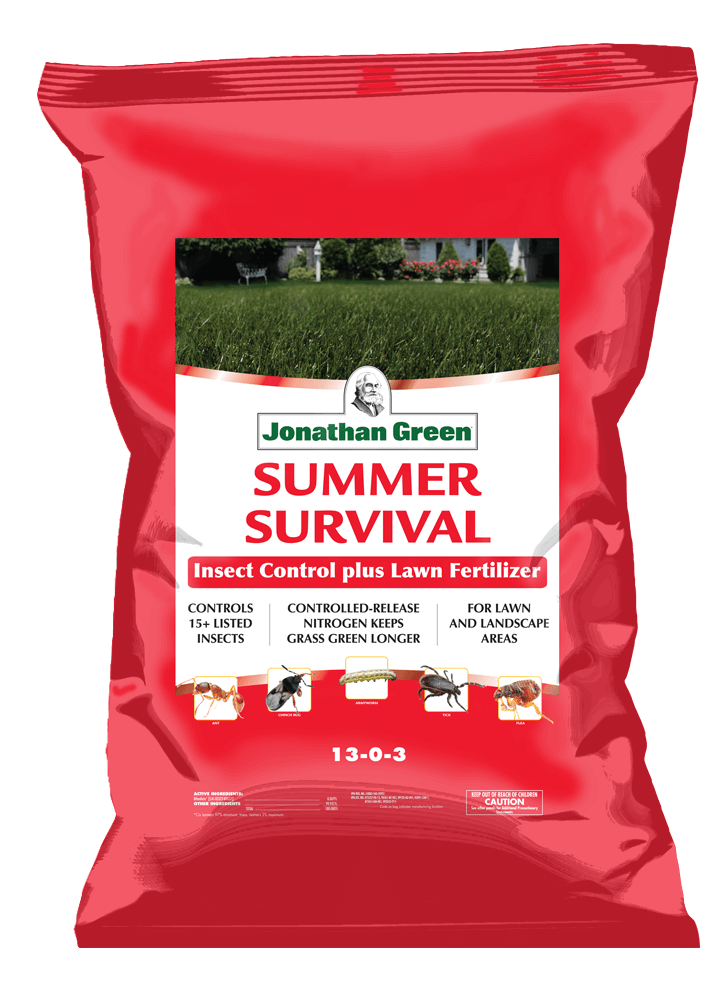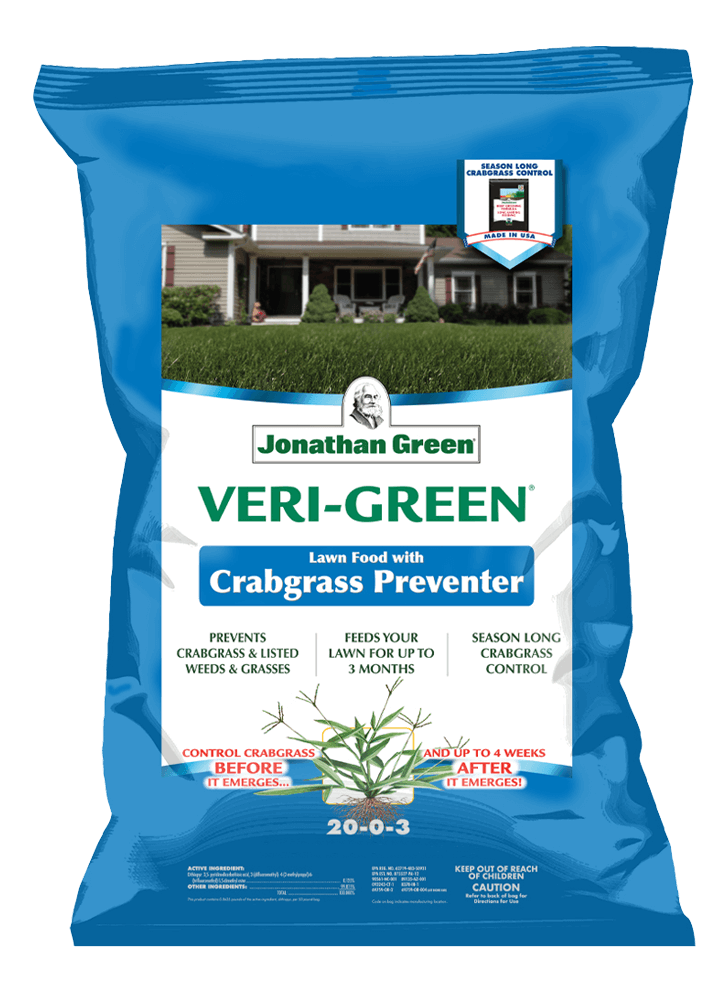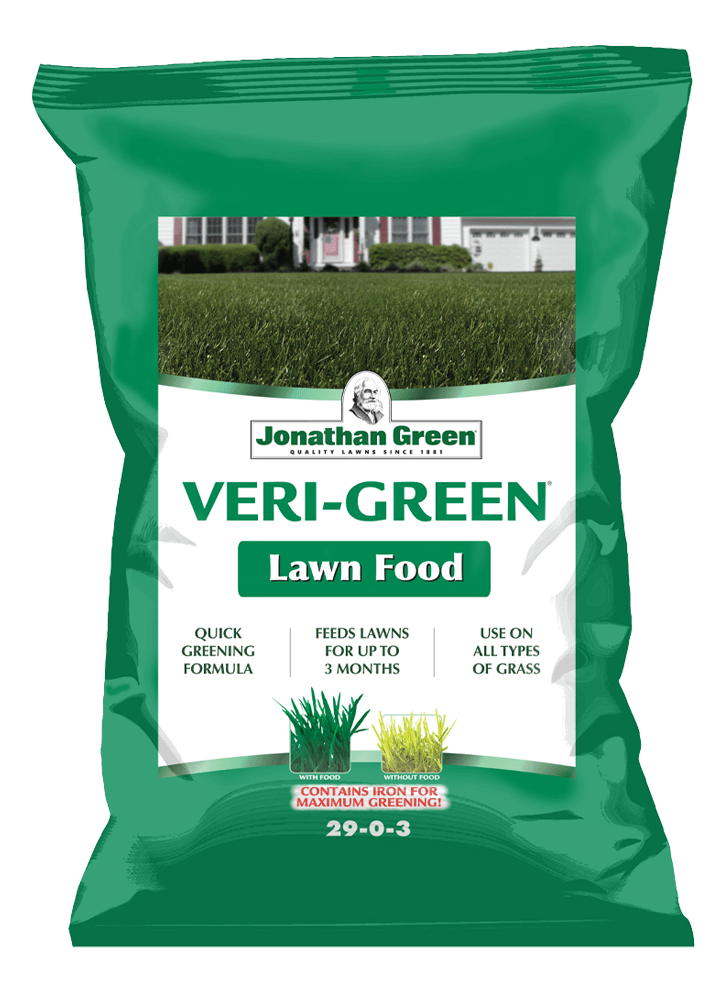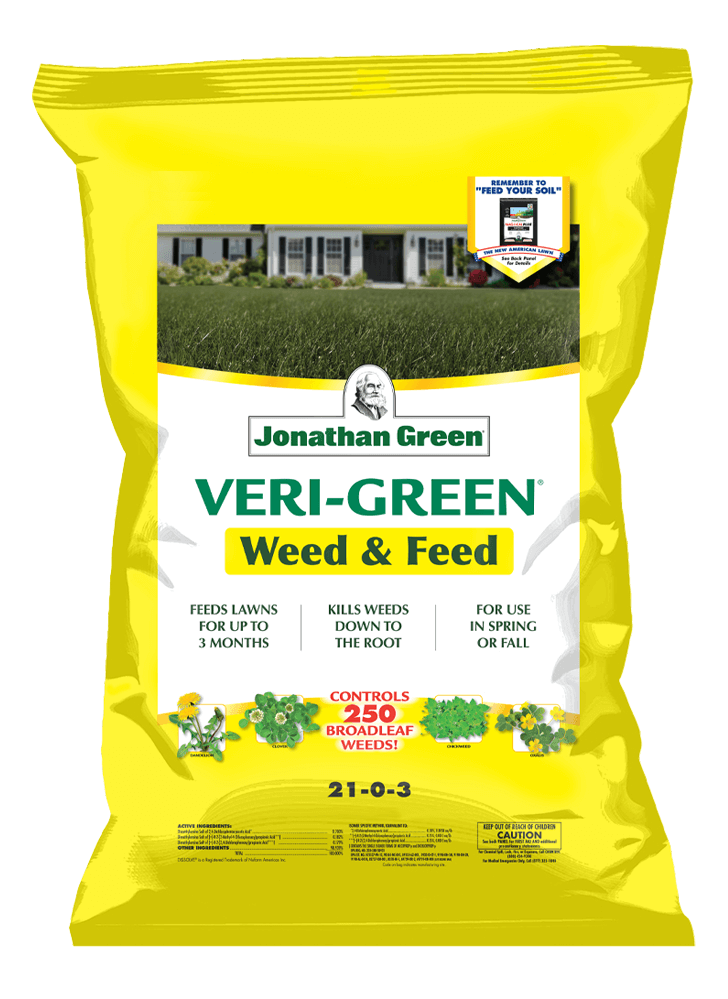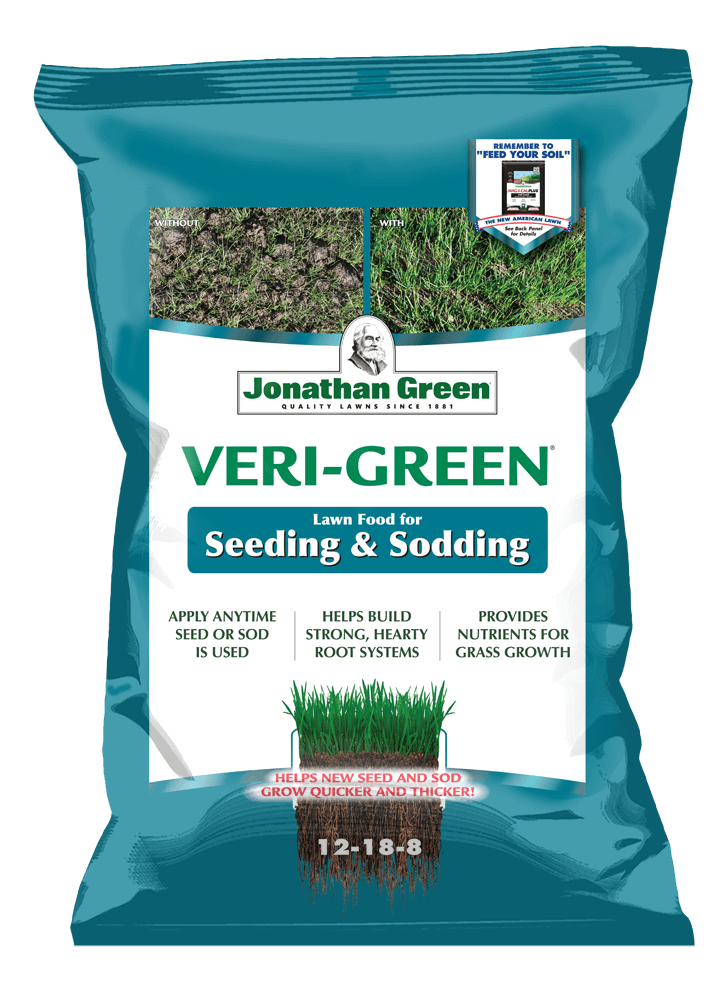Best Time of Day to Fertilize Lawn
Is there a best time of day to fertilize your lawn? Yes; here are some tips from the experts at Jonathan Green.
Jonathan Green has been growing beautiful, dark-green lawns since 1881. We supply genetically superior cool-season grass seed and other lawn and soil care products to commercial sod growers and independent home and garden retailers in all areas of the United States where cool-season lawn grasses – Kentucky Bluegrass, Tall Fescue, Perennial Ryegrass, and Fine Fescues – are grown.
We also have an environmentally sound and organic approach to lawn care called the New American Lawn Plan. By following this revolutionary plan, you will discover how to address the root of any lawn problems you have, instead of just battling the symptoms, such as insects and weeds. Our mission is to feed your lawn AND your soil to encourage your Black Beauty® lawn to thrive.
Ideal Time to Fertilize
When applied incorrectly, fertilizers can burn grass plants, so it’s important to take air temperatures and weather into consideration when deciding when to fertilize your lawn. If air temperatures are too hot, plant damage can occur.
Mentioned Products
Quick-release and slow-release granular fertilizers require you to water the lawn after application. Applying fertilizer (and water) in the afternoon will cause the moisture in the soil that is preventing the lawn from burning to evaporate as the sun beats down on the lawn.
It’s also important for grass to dry out slightly before the nighttime temperatures. If you fertilize and water too late in the day and the lawn is still wet when the cool night temperatures arrive, it will become more susceptible to contracting a fungal disease.
Fertilizing your lawn in the morning enables you to take advantage of cooler temperatures and morning dew to reduce the risk of burning the grass. As you spread the fertilizer and water it in, the nutrients will have the best chance of reaching the roots and being absorbed quickly.
You can water the lawn just before a light to moderate rainfall but avoid fertilizing the lawn if you’re expecting a big rainstorm, or the fertilizer will be washed away before the nutrients have time to work their way into the soil.It is also important to not water after applying Weed & Feed Fertilizers because they only work when the weed control sticks to the weed leaf and is slowly absorbed. A sudden rainfall will wash away the weed control and greatly reduce its effectiveness.
When your lawn and soil are in harmony, there will be a natural balance that protects your lawn against most insects, weeds, and turf diseases and improves the heat and cold tolerance of your grass. The soil will become more permeable and alive with beneficial microbial organisms, allowing water, air, and grass roots to penetrate into the soil more deeply and establish a better foundation for the grass to flourish.
At Jonathan Green, we are delighted to answer any questions you have to help you care for your lawn. When you need more information about the best time of day to fertilize, visit us online or ask in person at your local independent garden center or hardware store.
